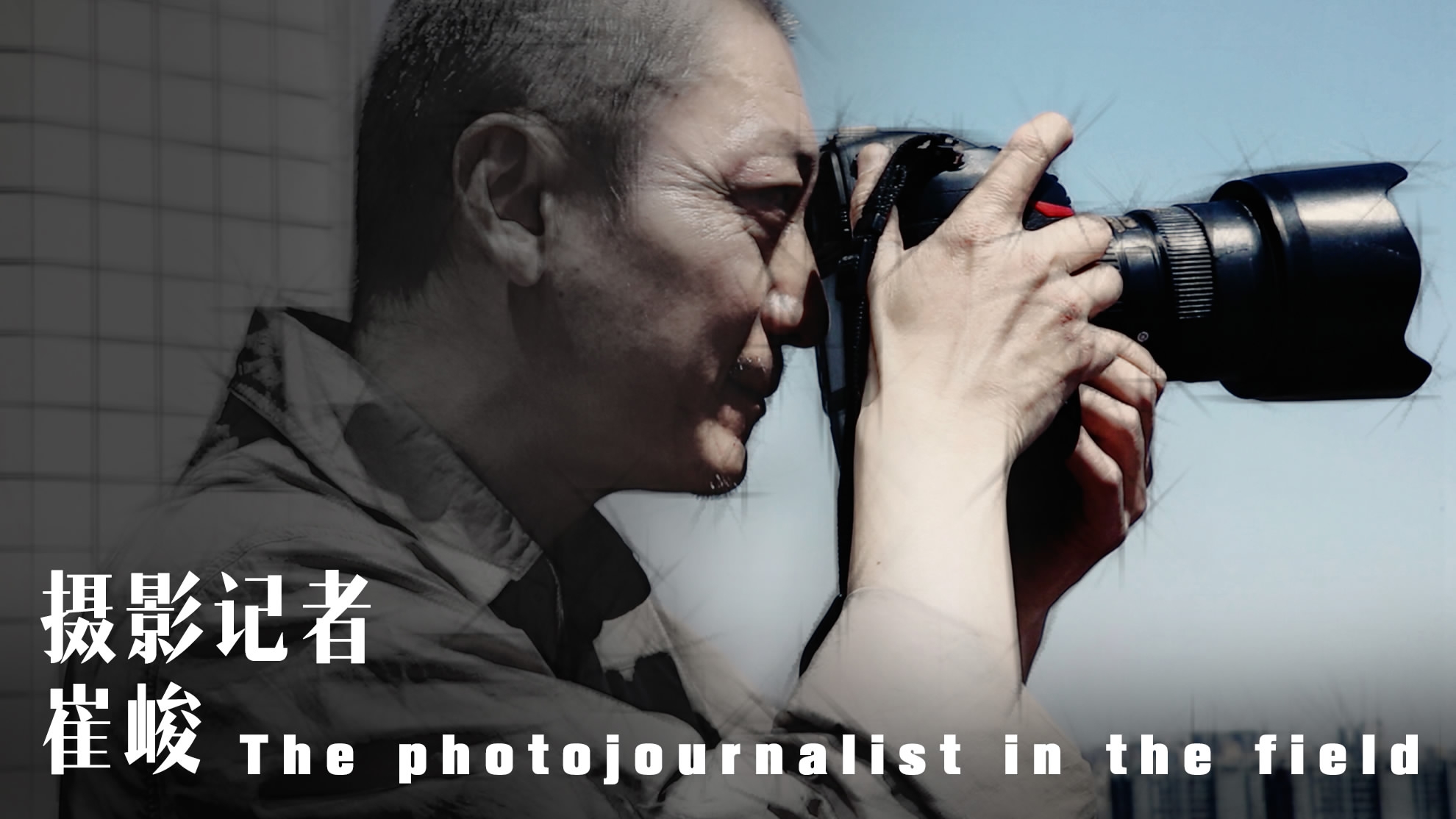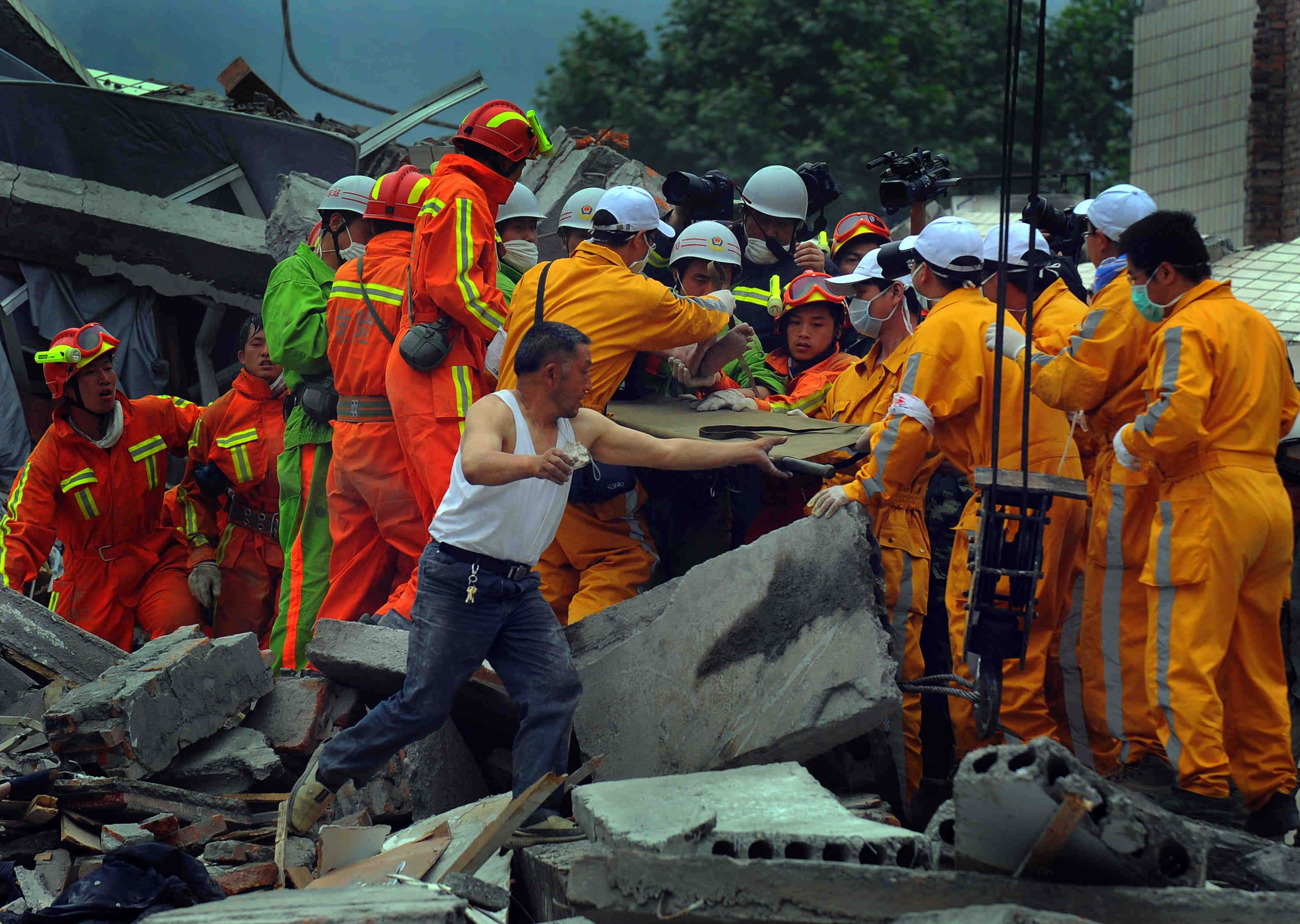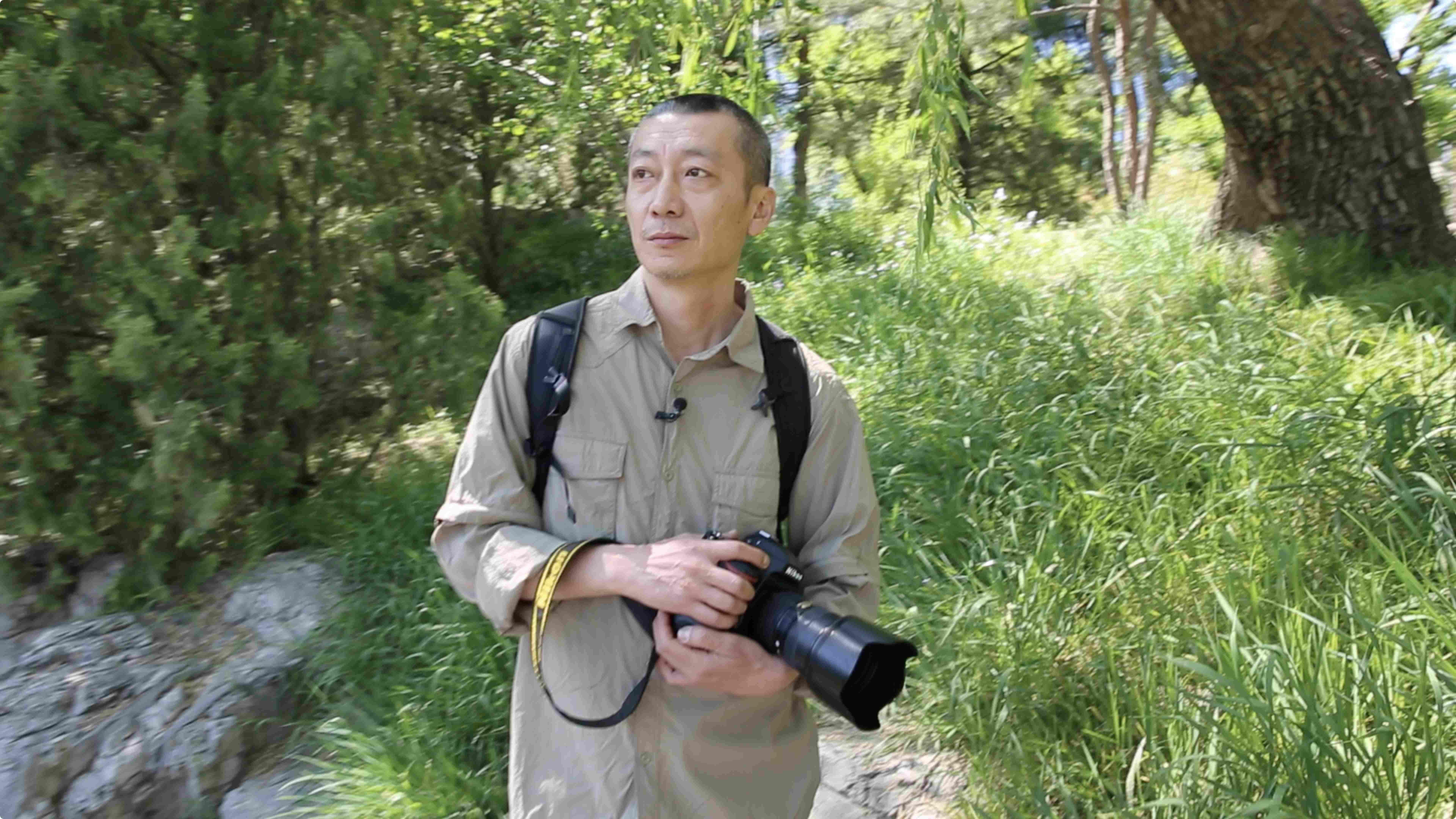
China
18:03, 11-May-2018
How the 2008 Sichuan earthquake shook a photojournalist
By Li Jingjing
04:02

“American war correspondent Robert Capa once said that ‘if your pictures aren’t good enough, you are not close enough.’ But after shooting parents recognizing their kids’ bodies, I reflected for a long time and came out with something different. I was already close enough to them physically. But, I could not bear to cross the boundaries of emotions."
- Photojournalist Cui Jun
When the magnitude-8 Sichuan earthquake hit the southwestern Chinese province on May 12, 2008, Cui Jun had just finished photographing the 2008 Beijing Olympic Games torch relay in Tibet.
Without hesitation, he headed directly to Sichuan from Lhasa. He was one of the first group of journalists to reach the earthquake-stricken area. After 18 years working as a photojournalist, and witnessing all kinds of tragedies, the Sichuan earthquake remains Cui's most haunting experience.

A rescue team searching for survivors./Photo courtesy of Cui Jun
A rescue team searching for survivors./Photo courtesy of Cui Jun
Thousands of journalists from across China headed to different parts of Sichuan in 2008, helping to put together a complete picture of the shattered province for people outside.
Ten years on, only a few are still in the field. Some moved to other industries, others became editors. Many were changed by the experience and were forced to think deeply about their journalistic ethics.
The boundaries of emotions
Cui has seen many disasters. His appearance offers clues about his wide-ranging experience.
The short grey buzz cut, the tanned skin and cracked facial skin are evidence Cui spends time outdoors. However, Cui looked completely different 15 years ago. He wore his long hair in a ponytail and appeared much more carefree than he is now.

Cui Jun/CGTN Photo
Cui Jun/CGTN Photo
The makeover took place when he covered the outbreak of the contagious disease Severe Acute Respiratory Syndrome (SARS), which affected China in 2003. Long hair was troublesome when he had to wear layers of protective clothing to visit the SARS wards, which he did 31 times.
He even went bald for almost two years after returning from covering the 2011 earthquake in Japan, in which nuclear reactors were damaged. He never went to see a doctor, but he believes radiation somehow affected him – he temporarily lost his hair, beard, and even his eyebrows.
Years of experience covering breaking news has also impacted him mentally. He saw the human reality of the earthquakes – people crying, moaning for help, or weeping as they searched for their brothers and daughters. Yet he decided to keep a distance between them and his lens.
“American war correspondent Robert Capa once said that ‘if your pictures aren't good enough, you are not close enough.’ But after shooting parents recognizing their kids’ bodies, I reflected for a long time and came out with something different. I was already close enough to them physically. But, I could not bear to cross the boundaries of emotions,” Cui told CGTN Digital.
Reporter & Video editor: Li Jingjing
Cameraman: Zhang Wanbao
Cover photo design: Yin Yating

SITEMAP
Copyright © 2018 CGTN. Beijing ICP prepared NO.16065310-3
Copyright © 2018 CGTN. Beijing ICP prepared NO.16065310-3